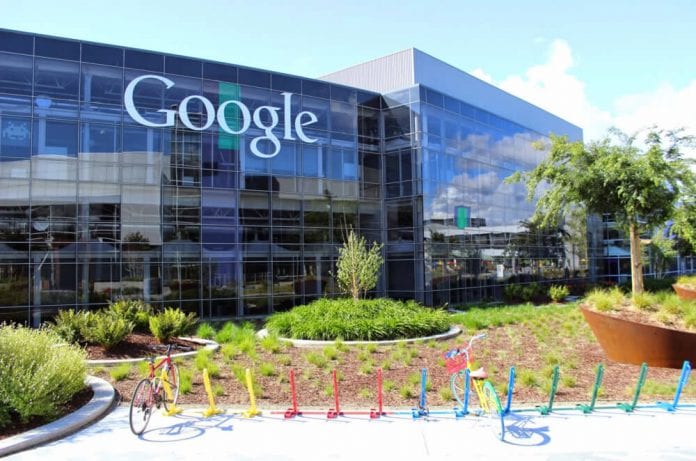Google’s in a hurry to bring its much-talked about self-driving cars, or cars that don’t need a driver, but has been dampened by the Department of Motor Vehicles or the DMV.
These “futuristic” modes of transportation have been test-driven in state thoroughfares since last summer. But California transportation officials are still wary of the safety of these cars. Regulations were expected to have been settled January of last year. But this new kind of vehicle has posed some unprecedented issues, posing a challenge to transportation officials.
Google maintains that there is no need for steering wheels or pedals in self-driving cars. Clearly, no driver is even needed. This new technology’s superior sensors and computers eliminate the need for what, in the past, were normally required for driving. This new machinery can supposedly outdo human drivers in terms of sight and reaction speed.
Additionally, the computers do not fall asleep, text while driving or go beyond the speed limit. All are wonderful innovations that the DMV does not want to impede. Yet, because of competition among companies developing such technology, the DMV is unable to secure much-needed safety data in order come up with up-to-date regulations.
California is one of the few states authorizing self-driving cars, enacted under some pressure from Google in 2012. Presently, Google and the DMV are still grappling with issues. Google is frustrated with the red tape while the DMV is still pressured to learn the ropes on a new contraption.
As early as 2014, Google had hoped to make self-driving cars available to the public by 2016. Their self-driving car is a bubble-shaped two-seater that can go only up to 25 mph. So far, the DMV had already allowed 10 companies to test Google’s 73 cars in public.
Google maintains that the cars are safe, having run more than 3 million miles of simulations with real-world scenarios and having done “functional safety” analyses to know how to minimize risks. Public collisions in road tests have been reported to be higher than collisions involving human drivers. But Google claims that accident summaries show that the cars have not caused any accidents.
Google has sent representatives to check on the DMV as well as the California State Transportation Agency and have visited the capital for discussions on writing regulations. But DMV officials still have not been supplied adequate information to establish proper safety standards. Moreover, the federal government has cautioned California “go safer.”
Now, Google has moved its road tests to Texas. There are no regulations against cars without pedals and steering wheels in Texas.









